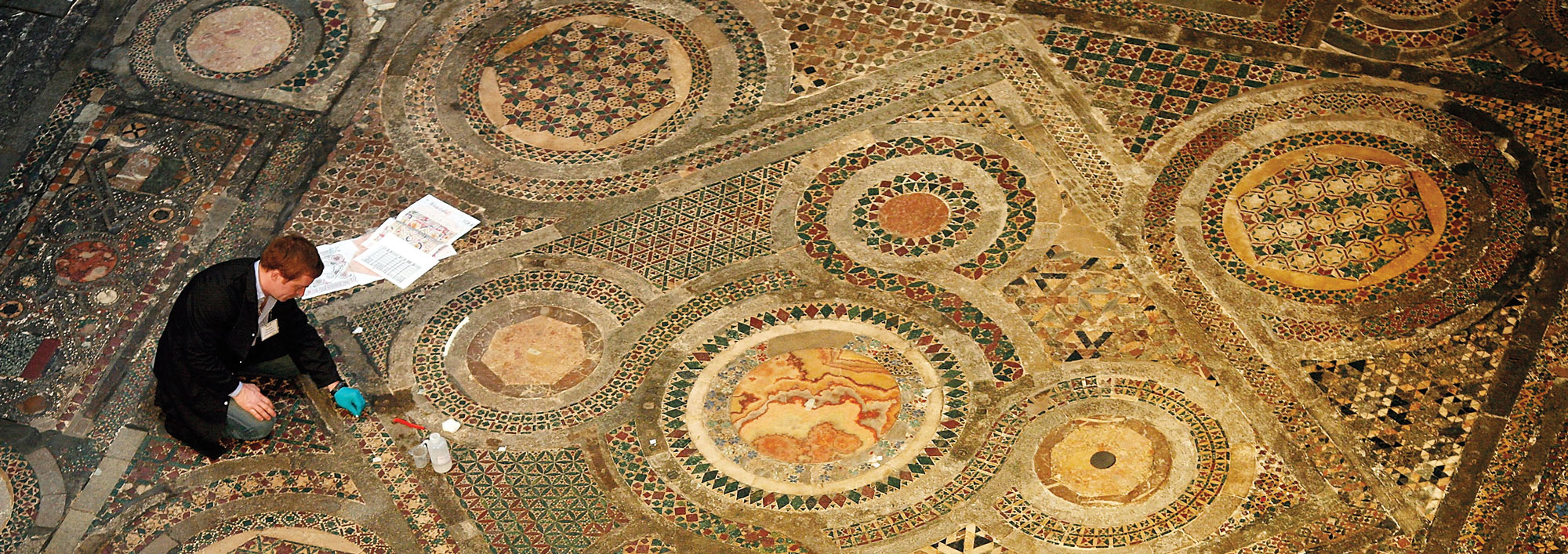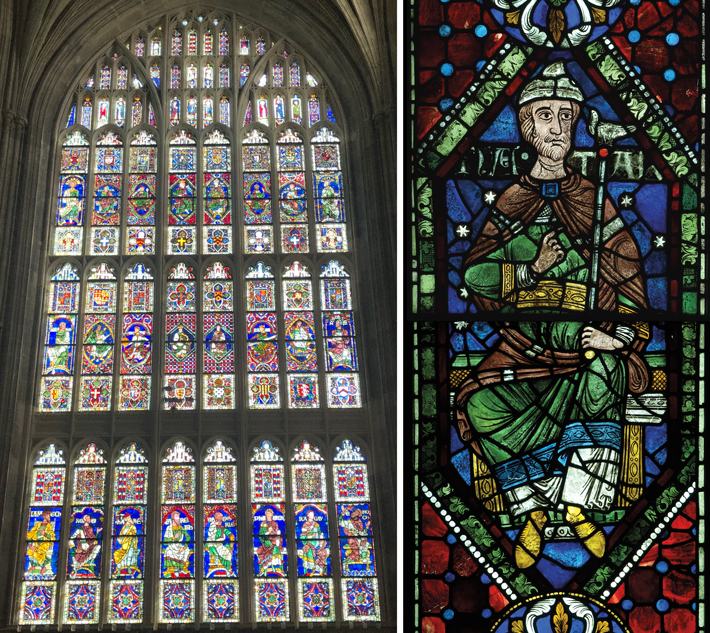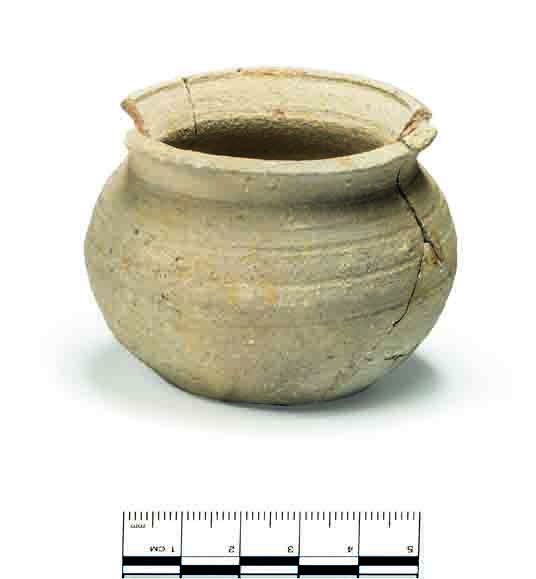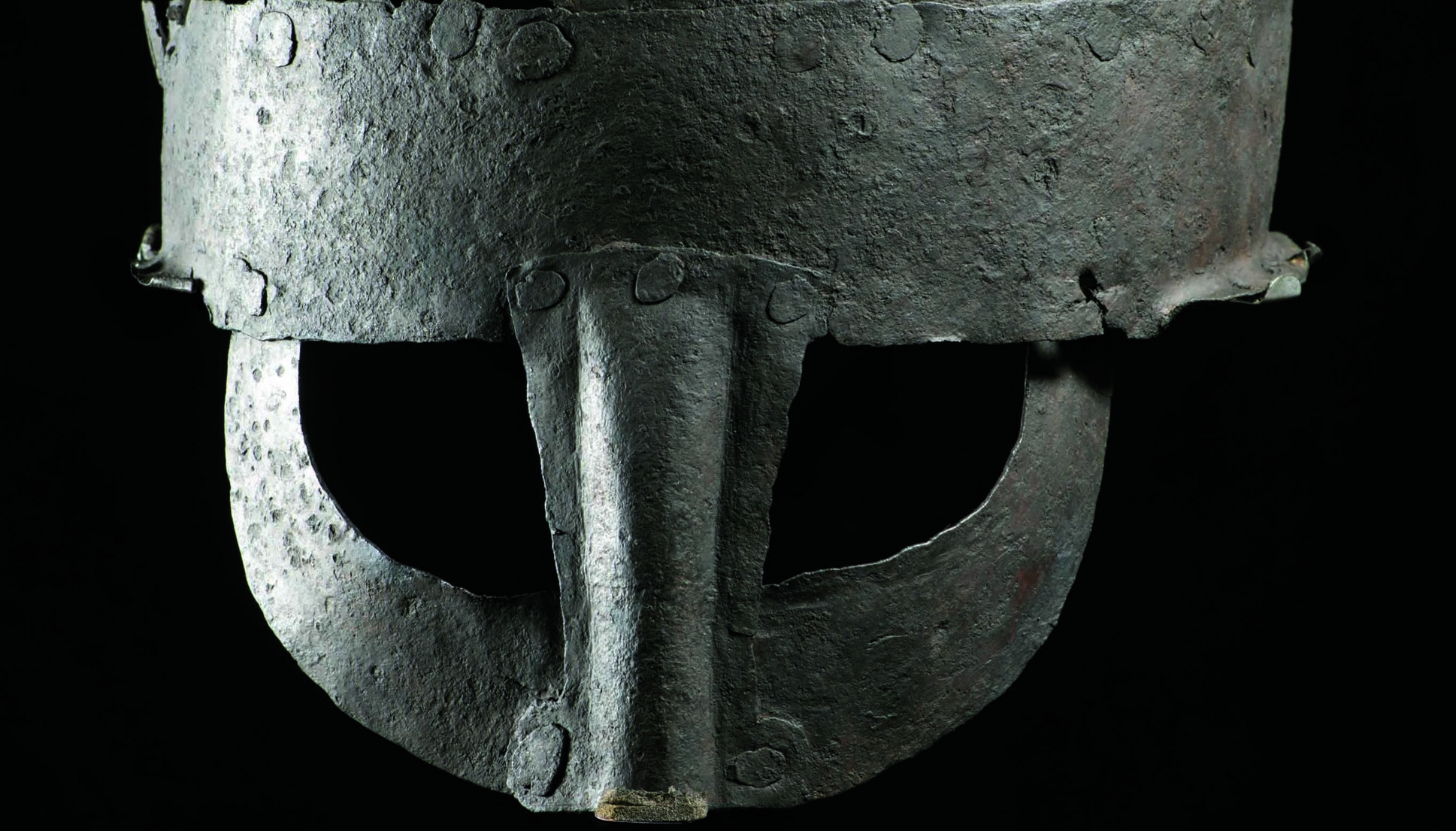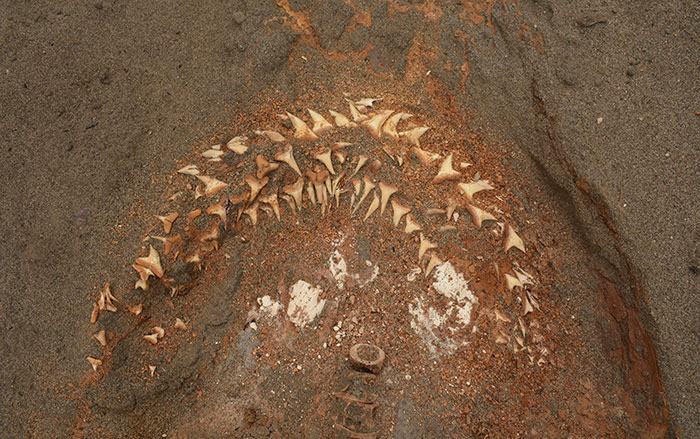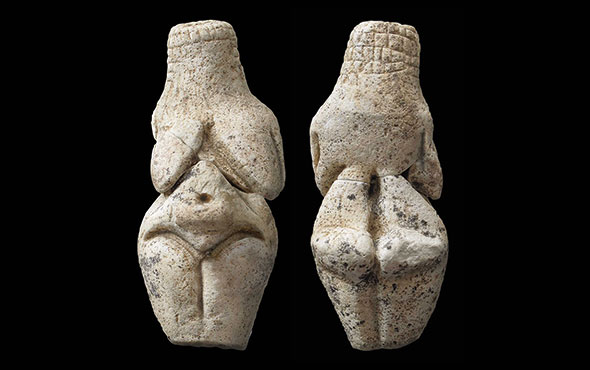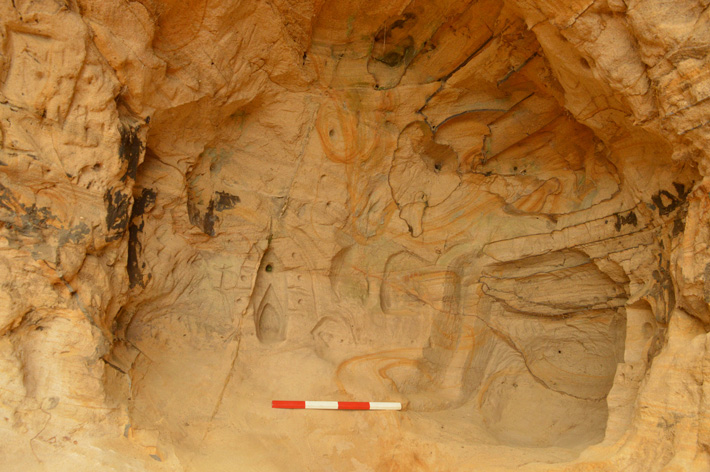
GUILDFORD, ENGLAND—According to a statement released by UCL Institute of Archaeology, decorated niches, writing, and other markings estimated to date to the late fourteenth century have been found in a small sandstone cave in southeastern England. The artwork suggests the cave was used as a Christian shrine or hermitage associated with the nearby medieval ruins of a church dedicated to St. Catherine. Discovered during work to stabilize the railway embankment, the cave is thought to have been much larger before railroad tracks were installed in the early 1840s. Researchers from UCL's Archaeology South-East examined the cave's eight or nine niches that feature inscriptions or etched initials, including a Gothic shrine adorned with carved dots and a Calvary cross. Carbon from black deposits on the ceiling, thought to be soot from lamps, and two fire pits in the cave will be radiocarbon dated. The archaeologists note that the hill where the cave is located was once known as Drakehull, or “The Hill of the Dragon,” and may have held ritual significance before the construction of the Christian church in the late thirteenth century. To read about personal expressions of faith in the Middle Ages, go to "Letter from England: Writing on the Church Wall."


